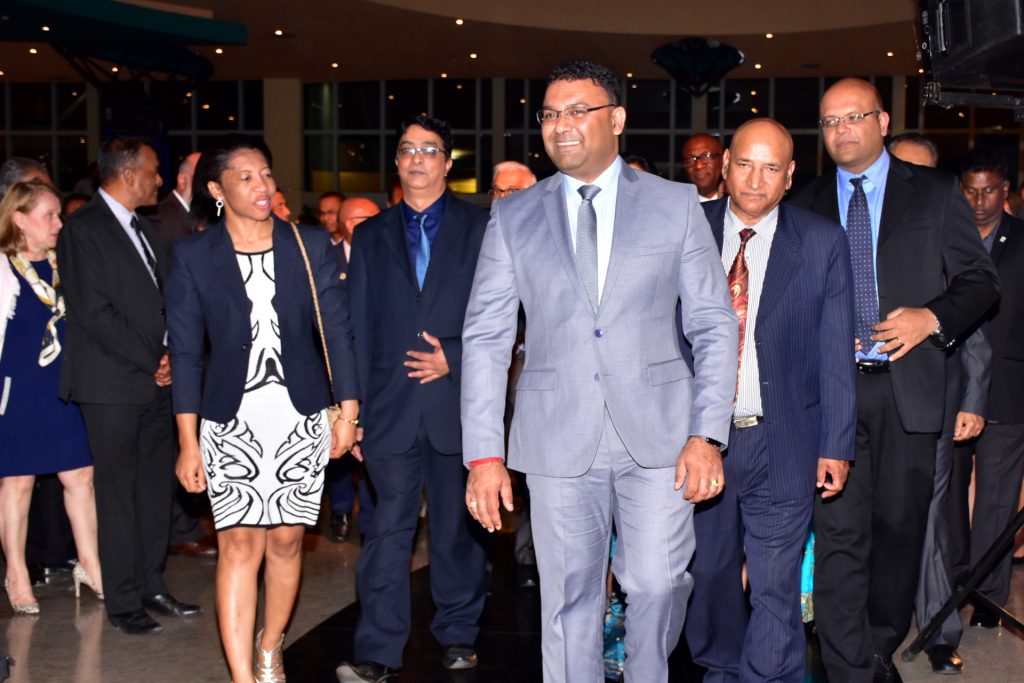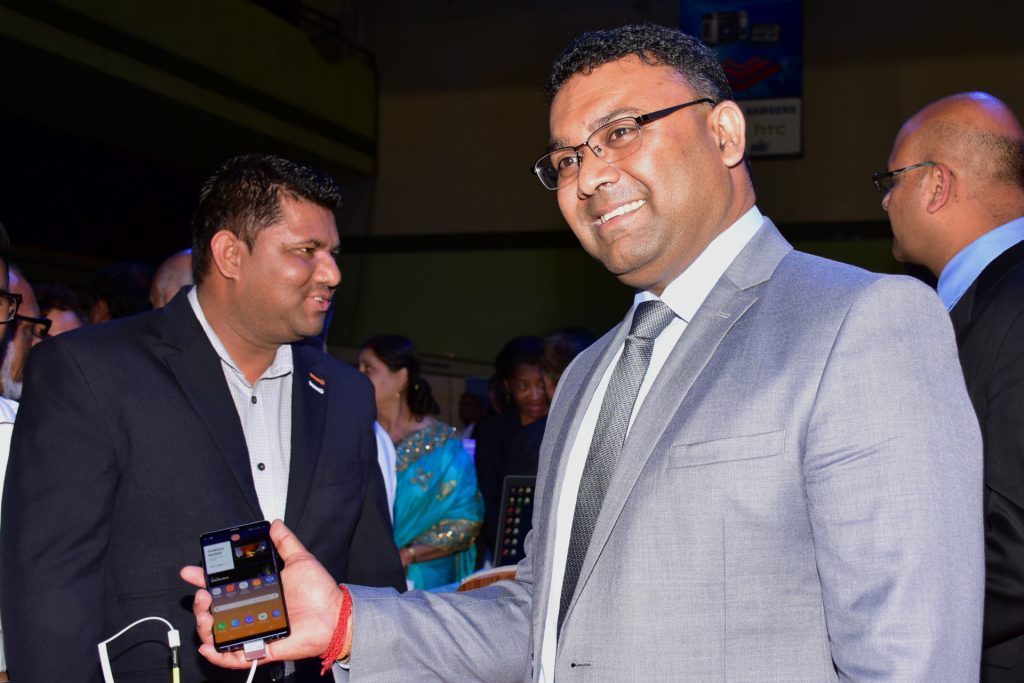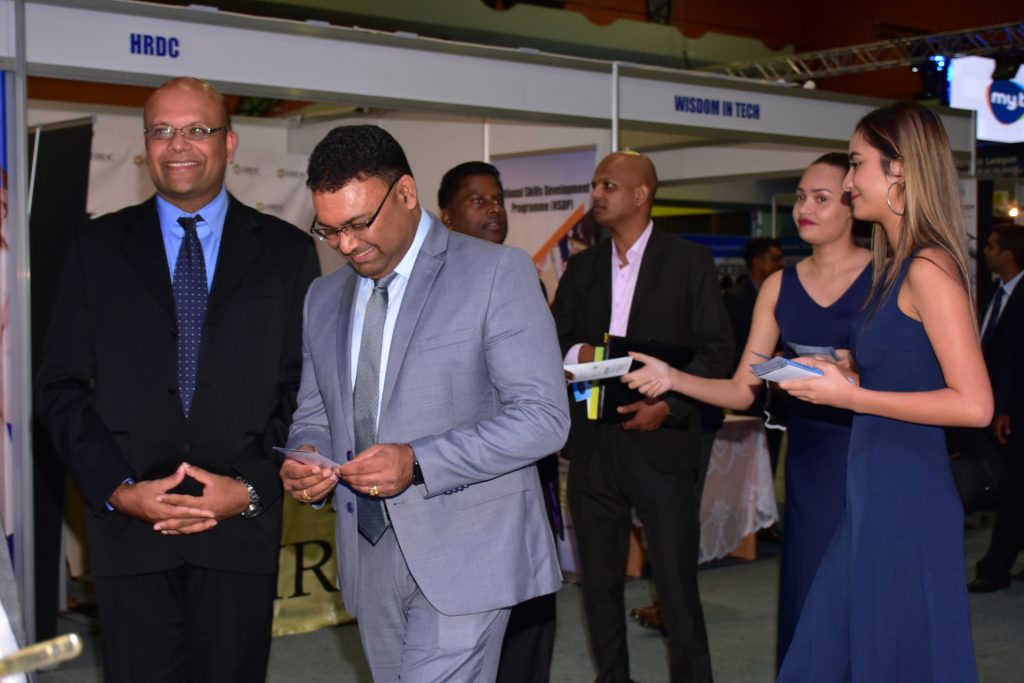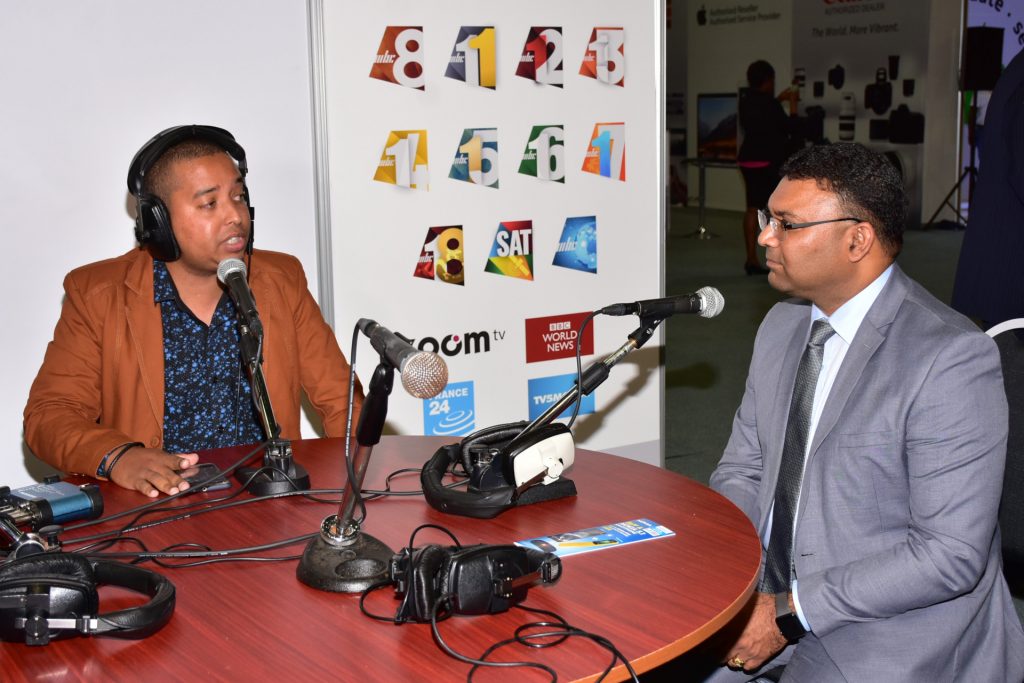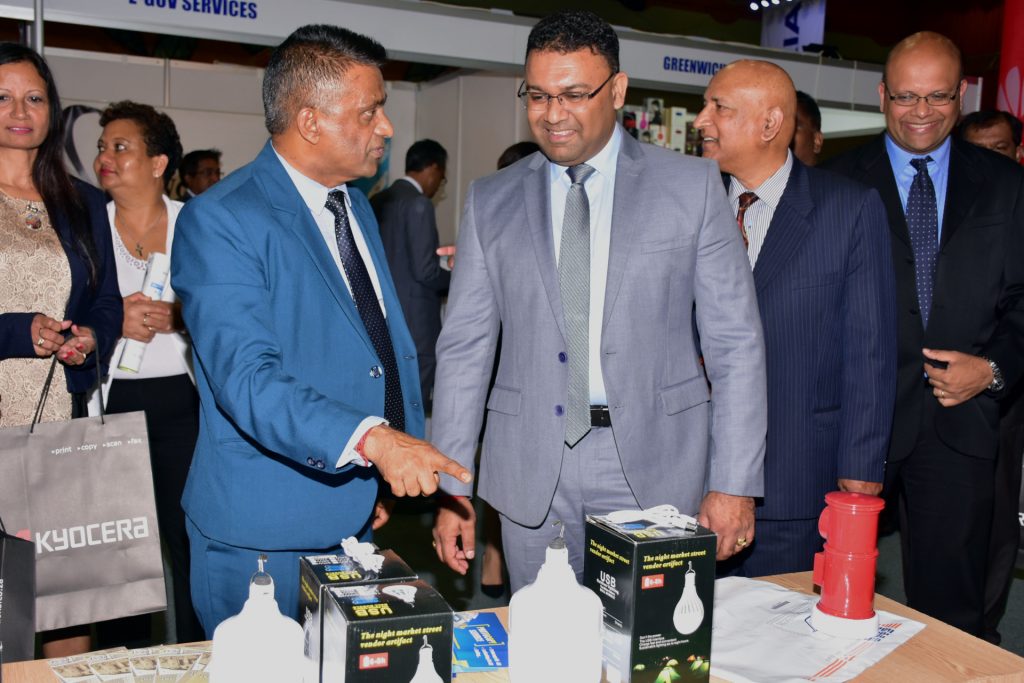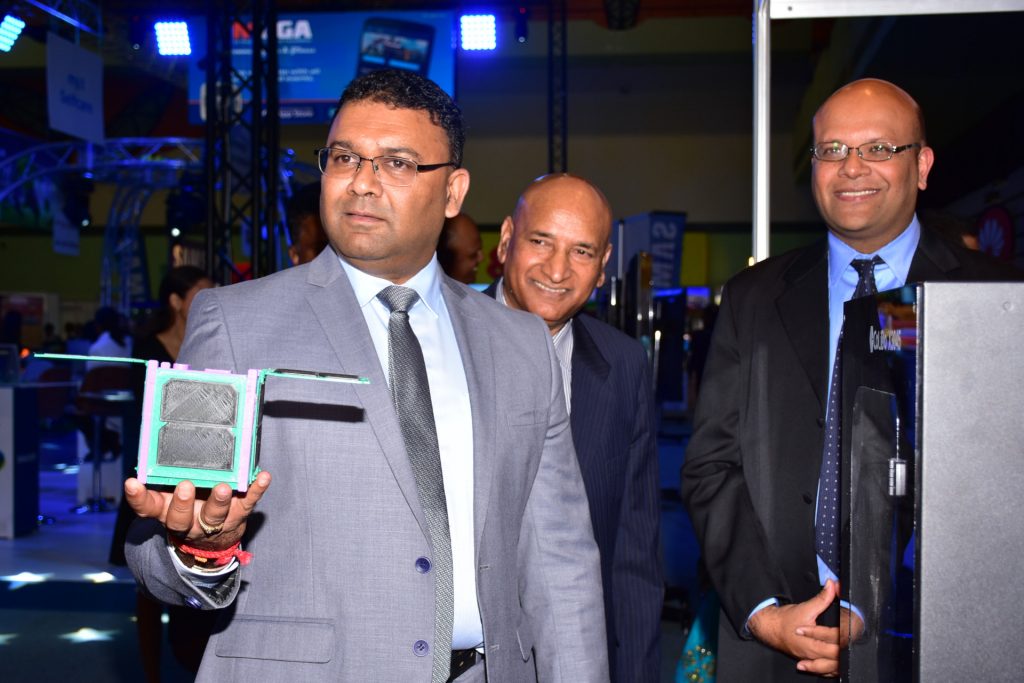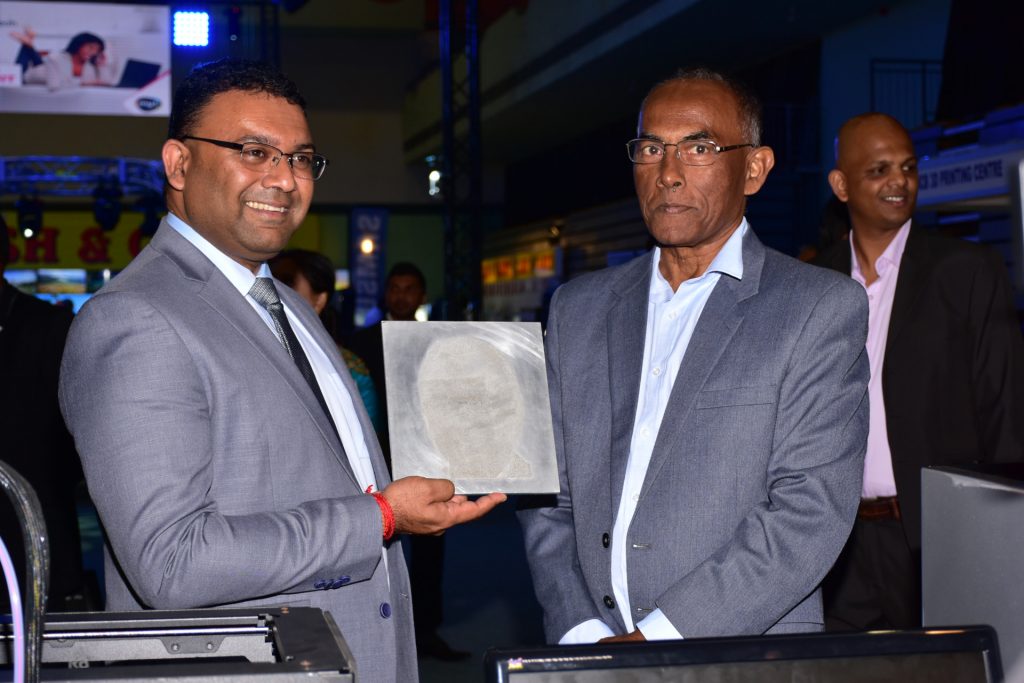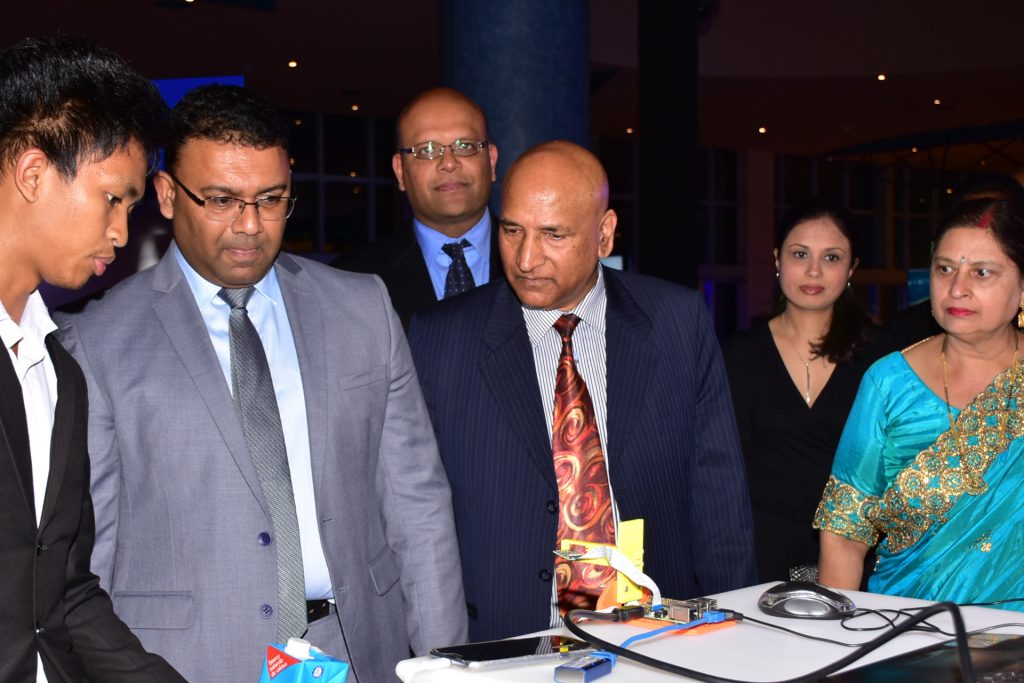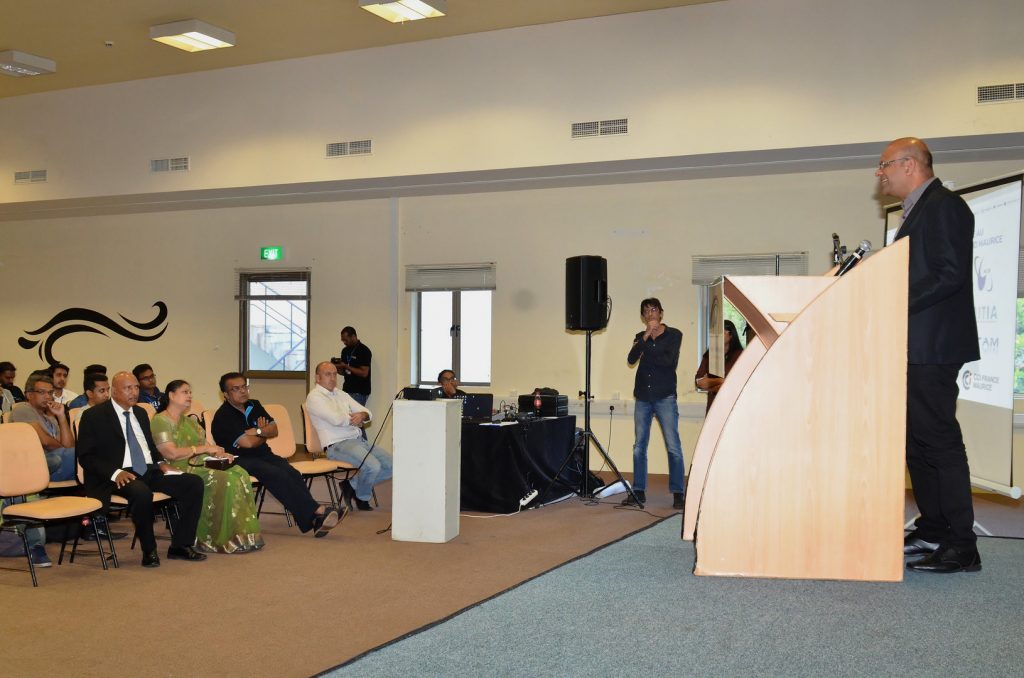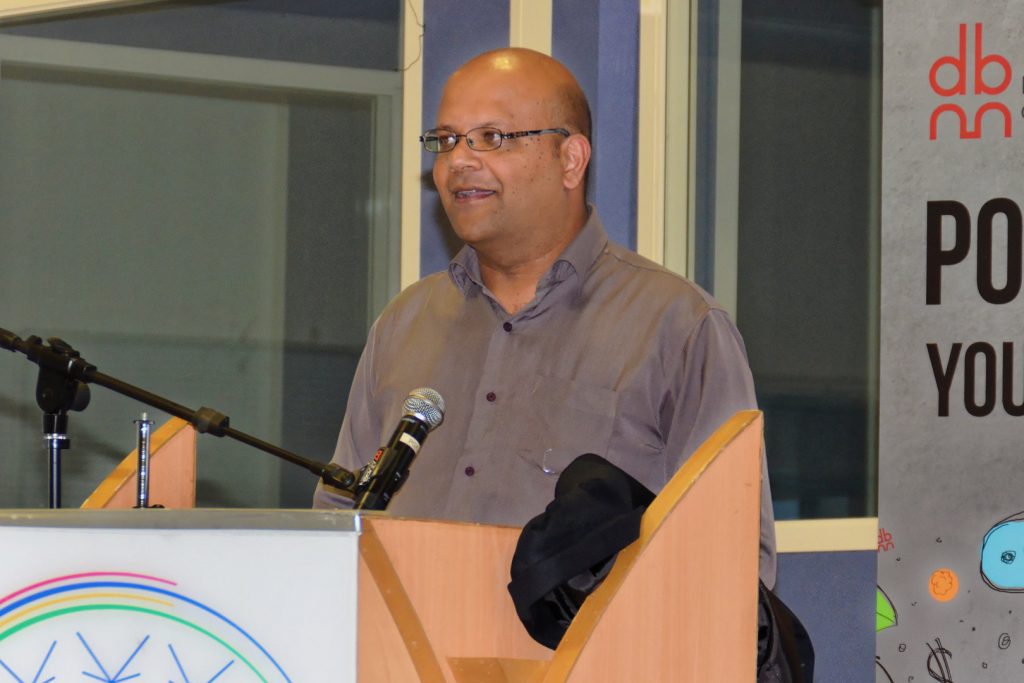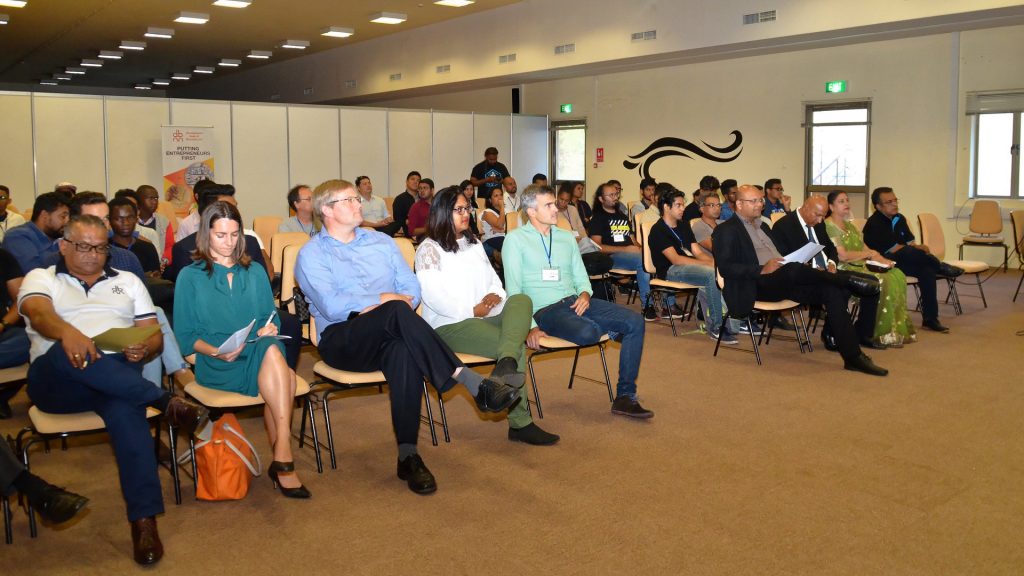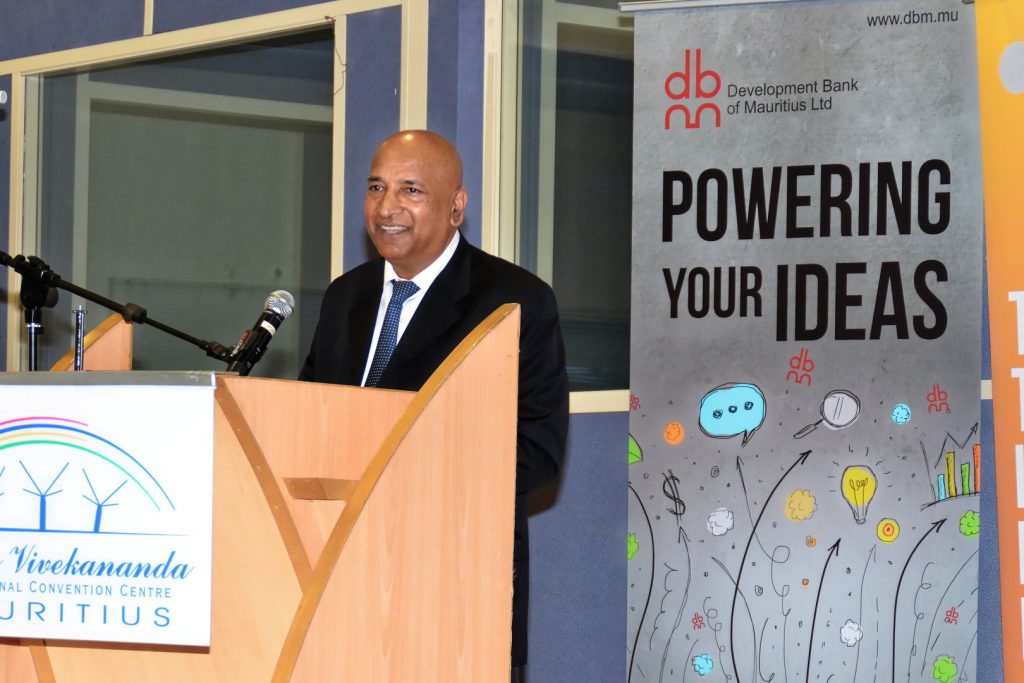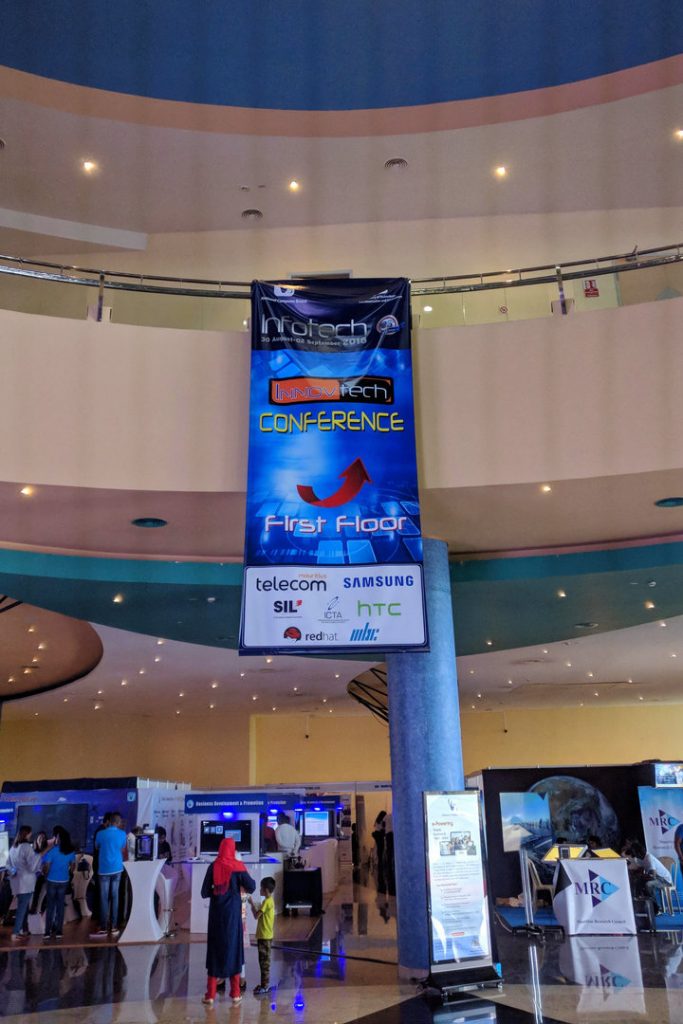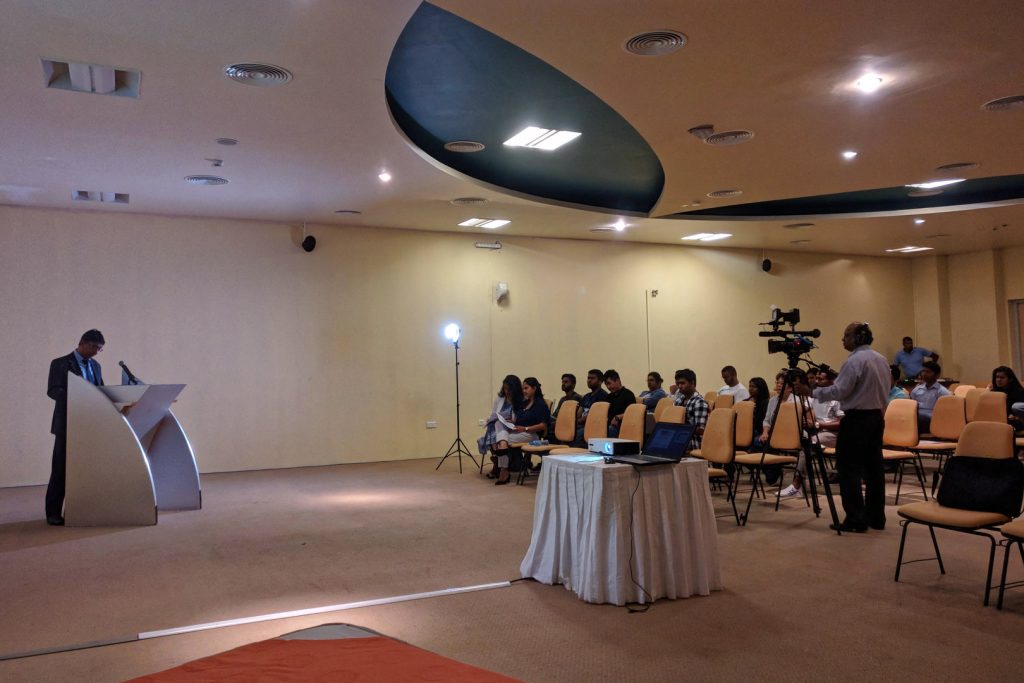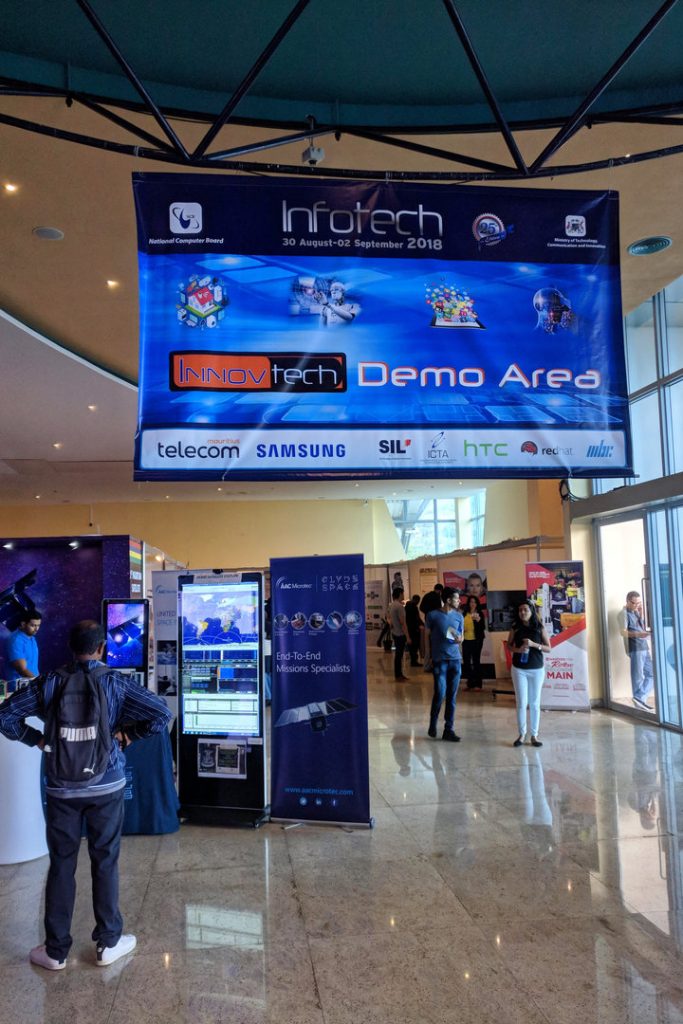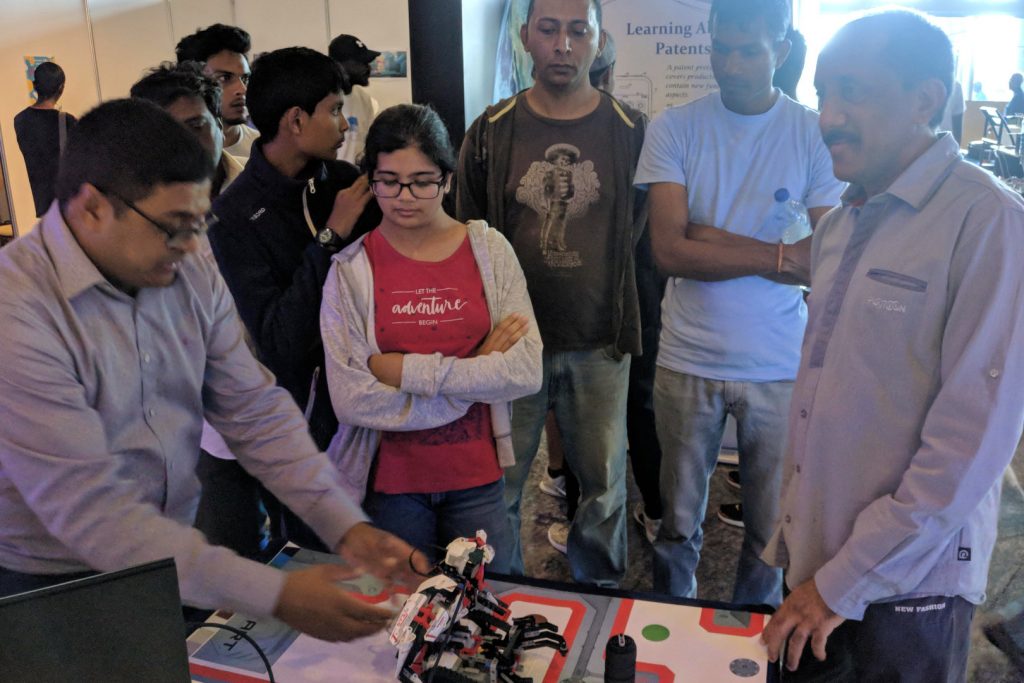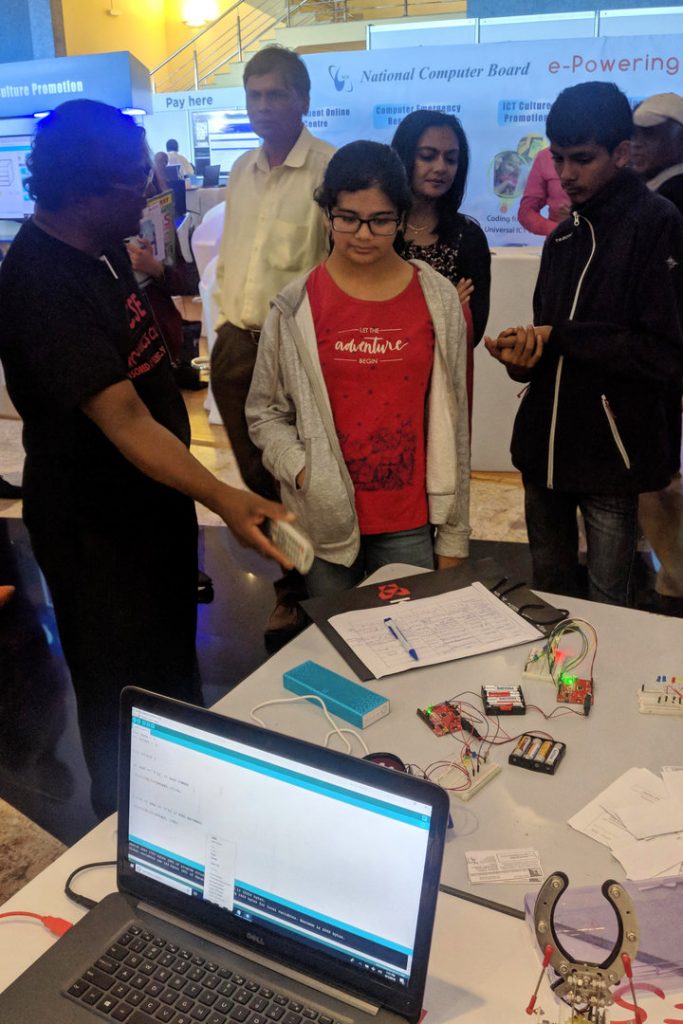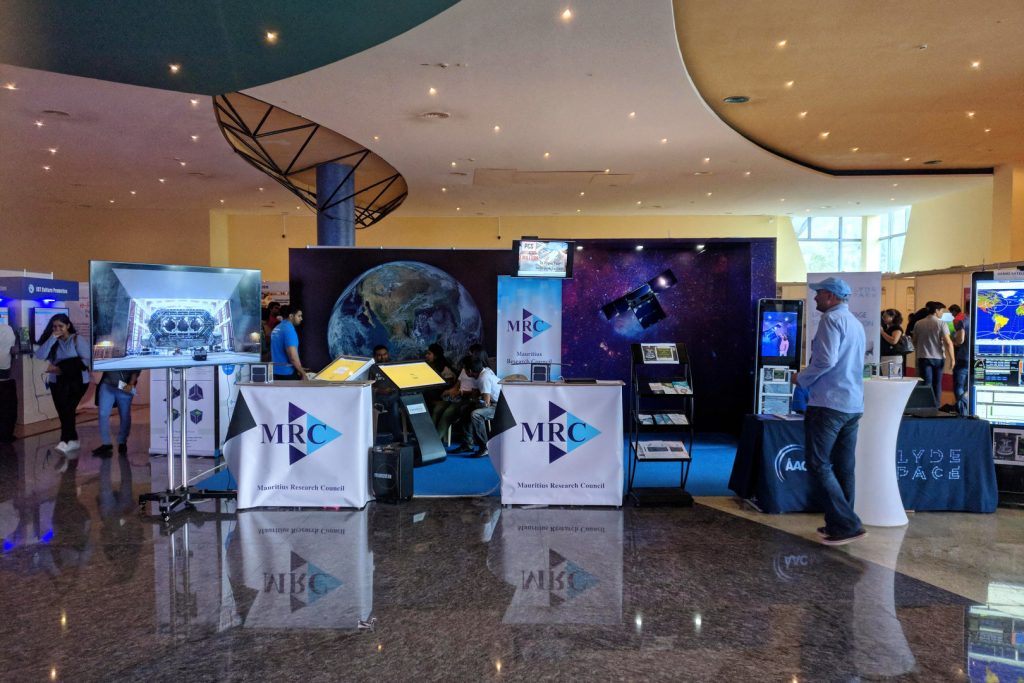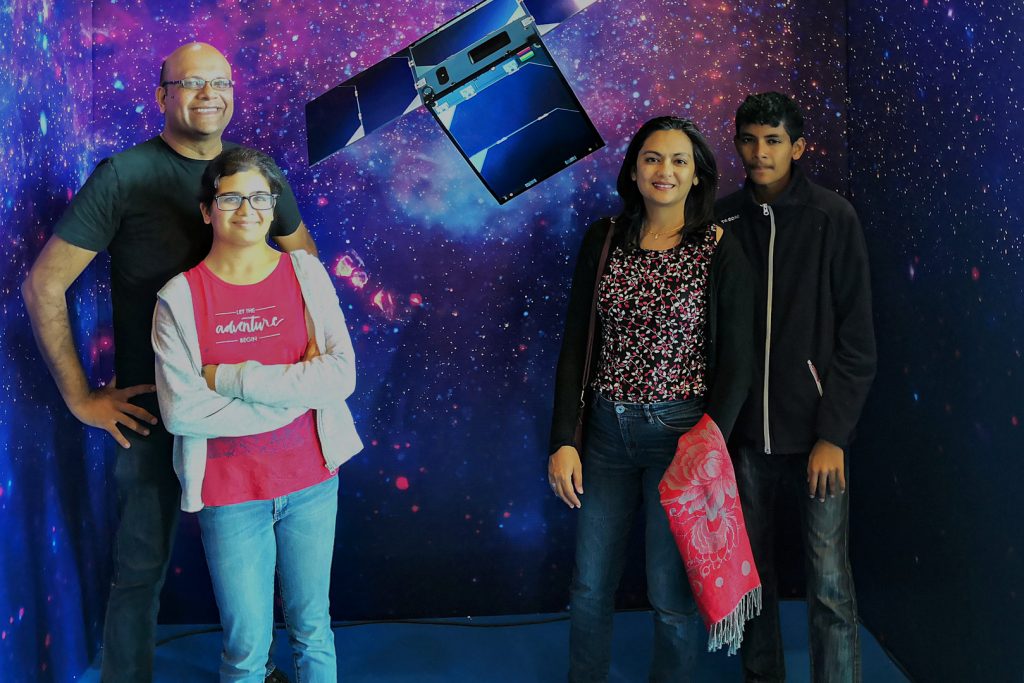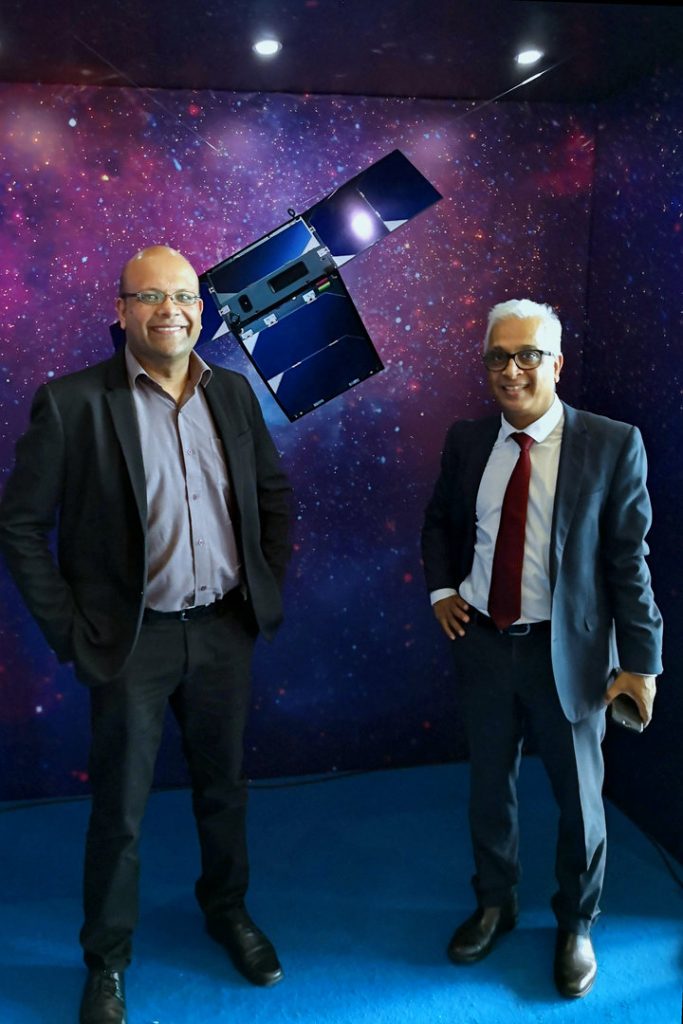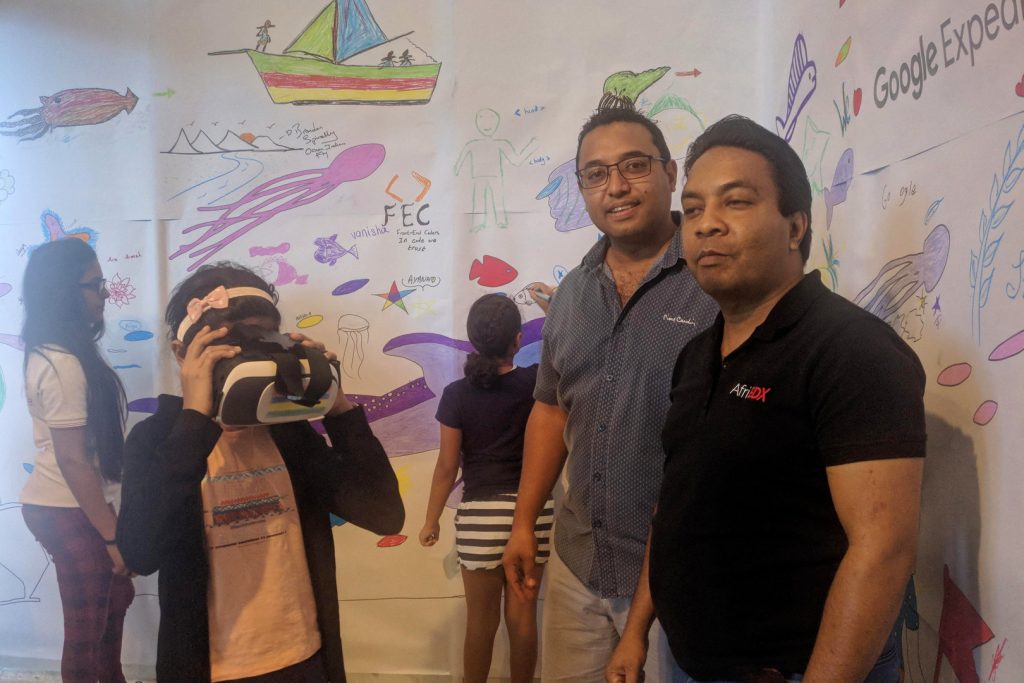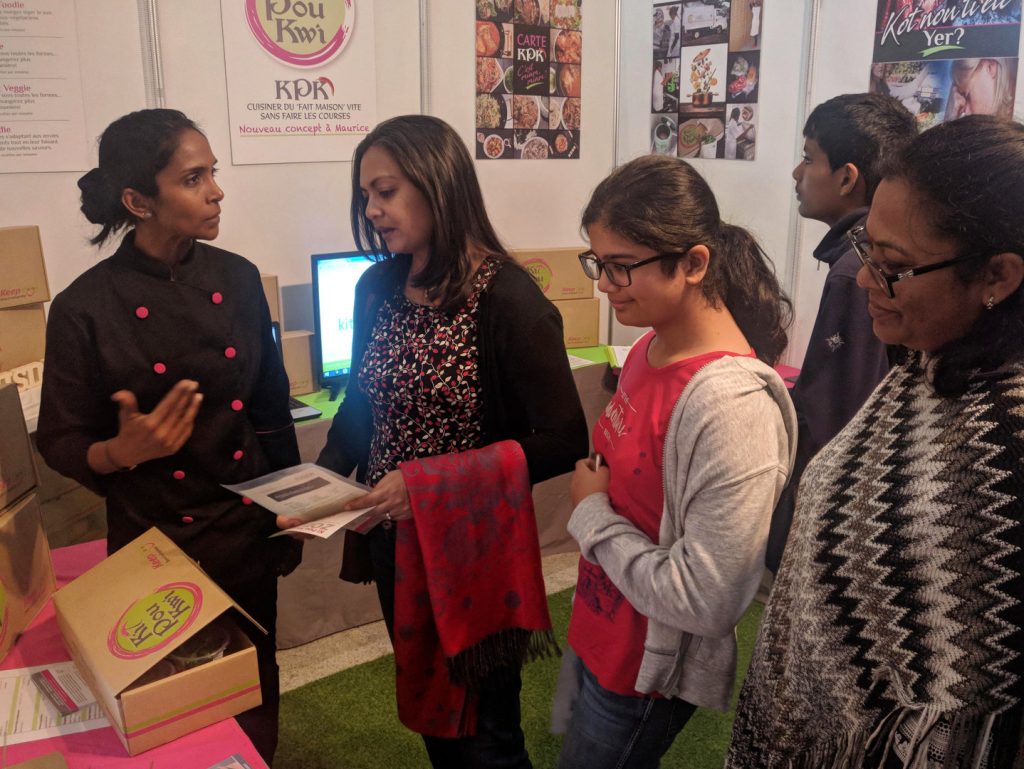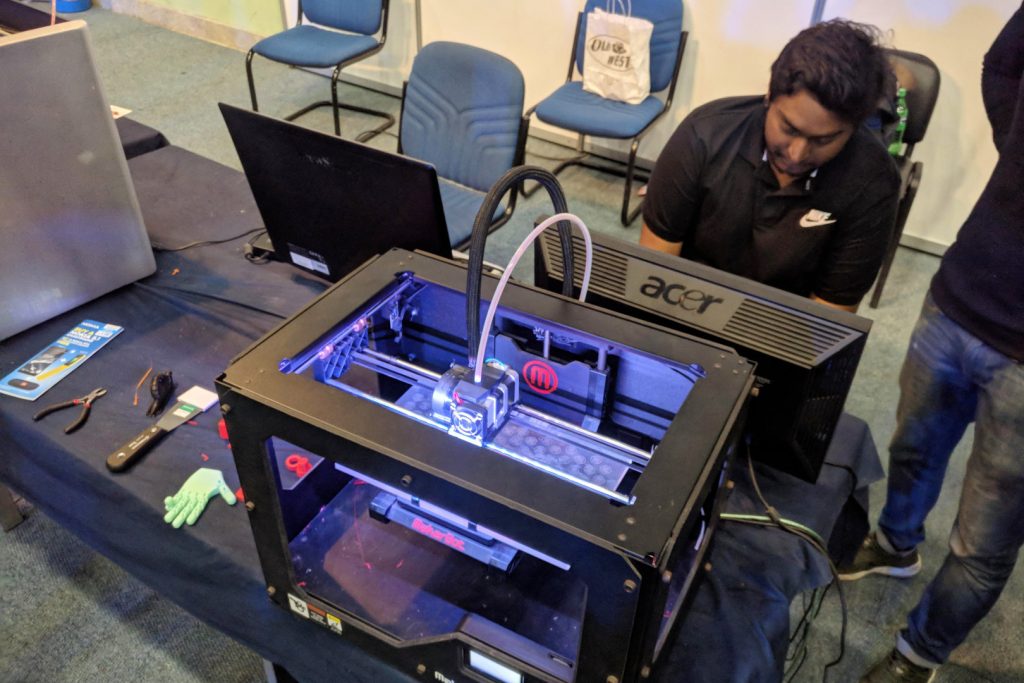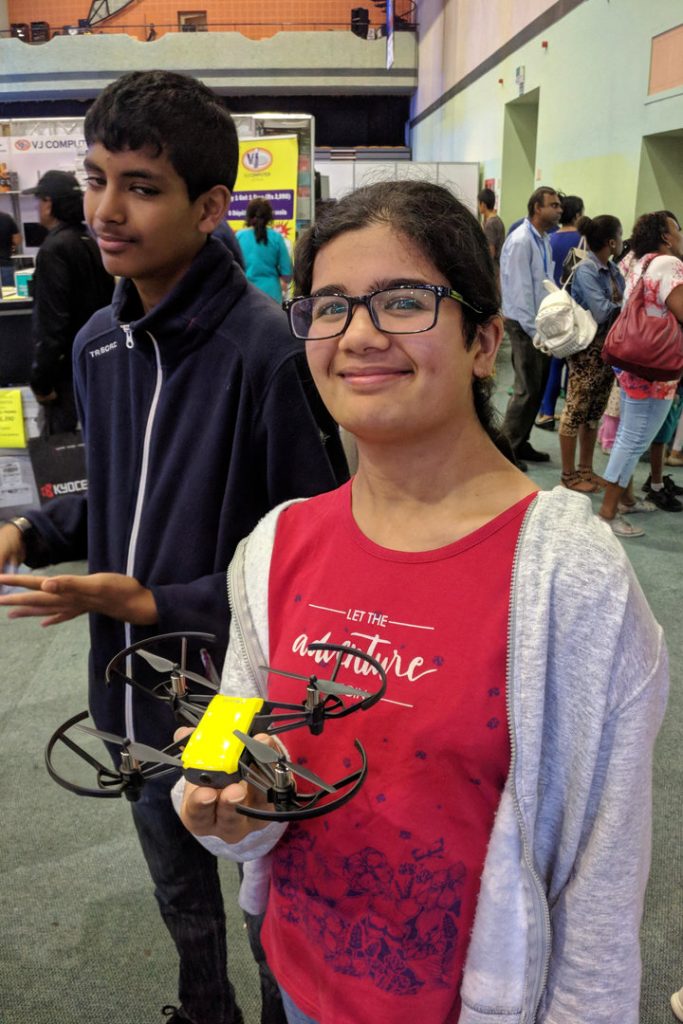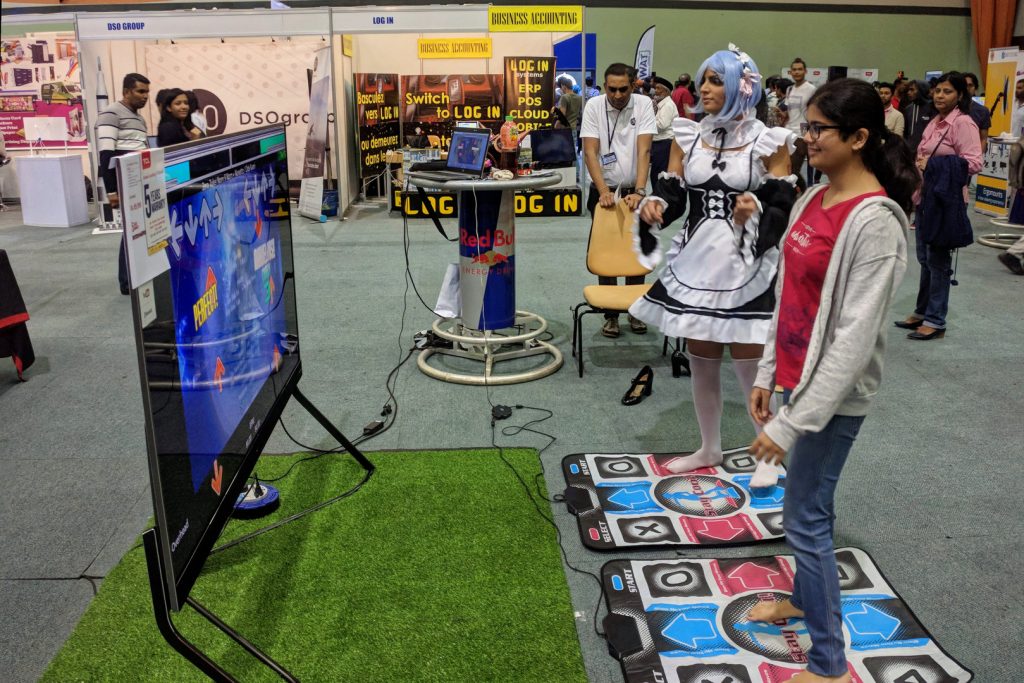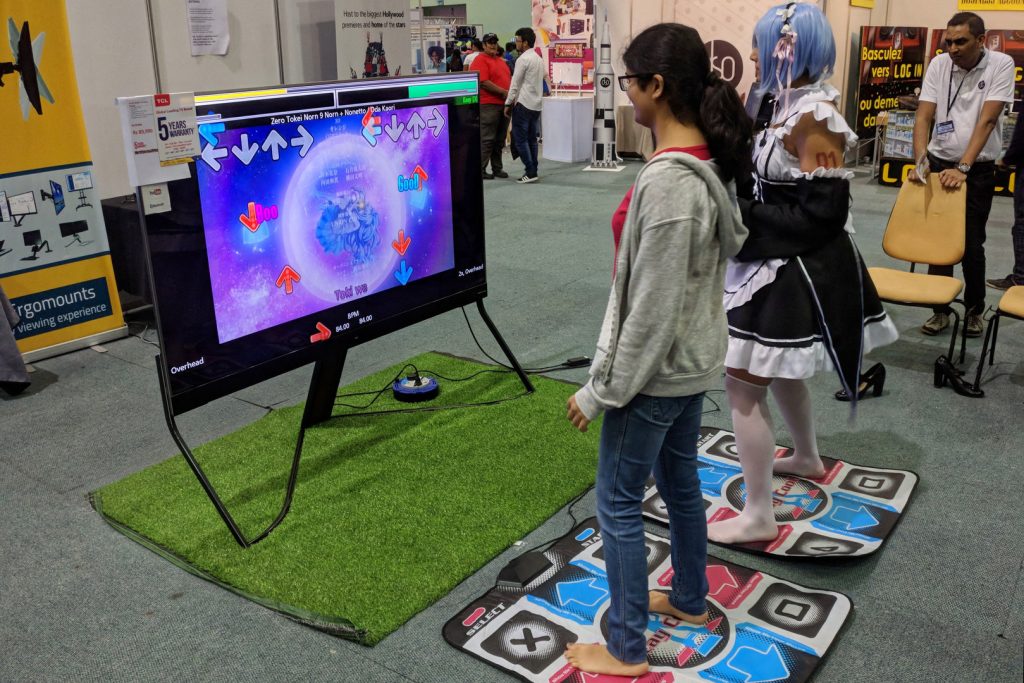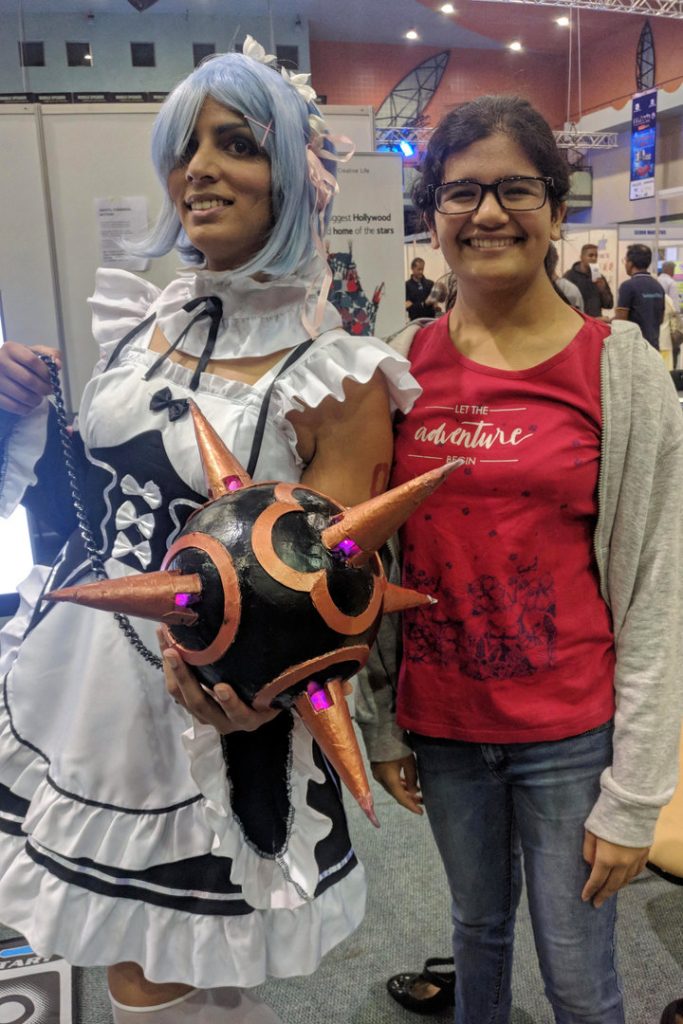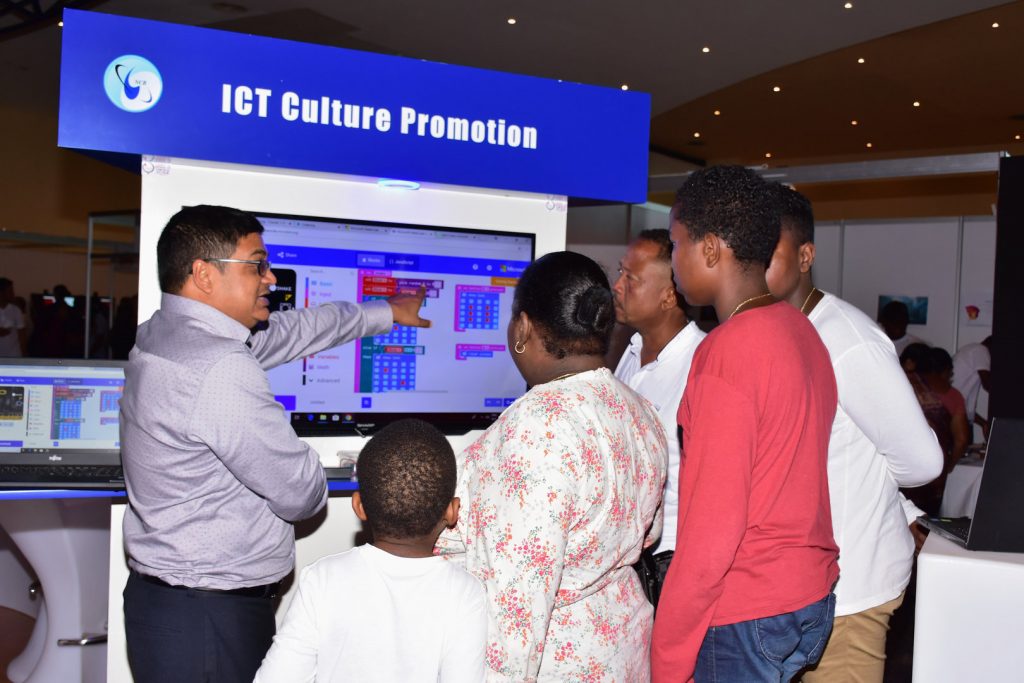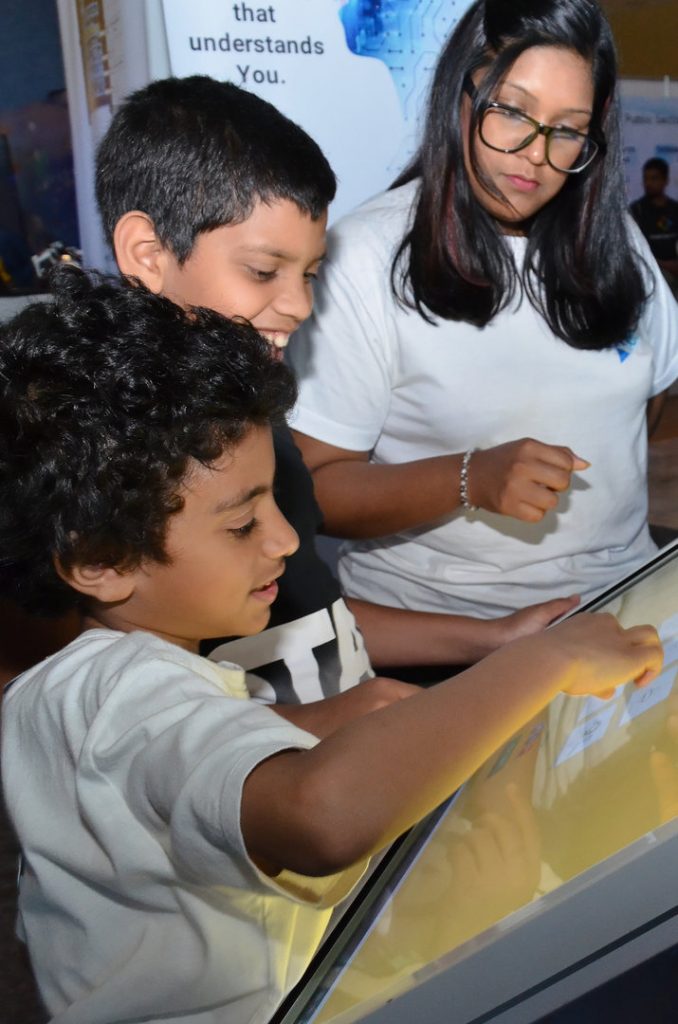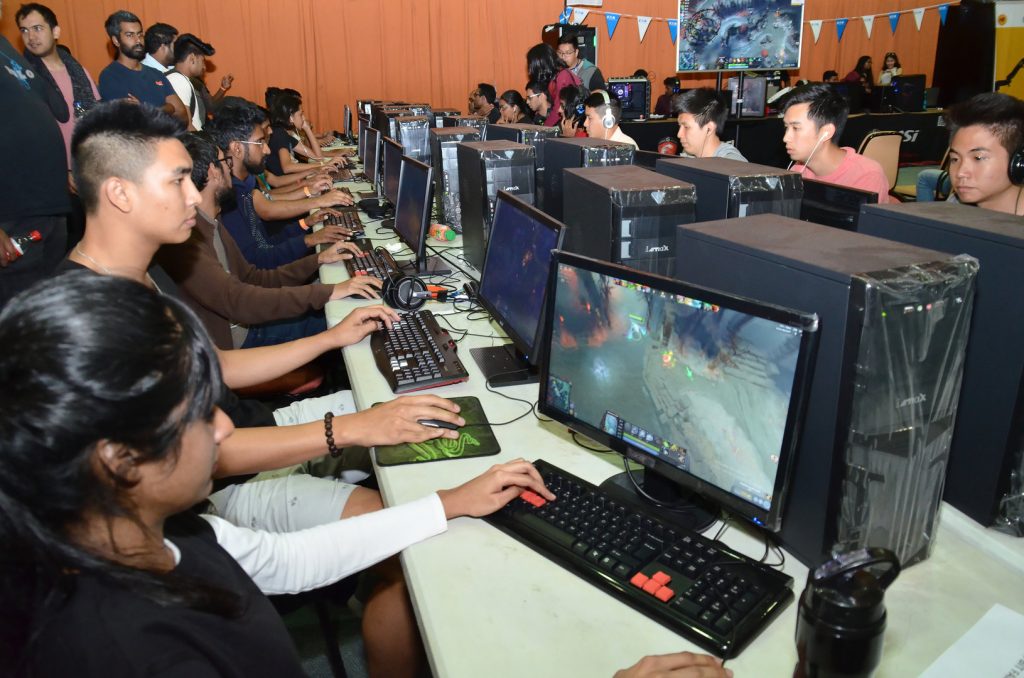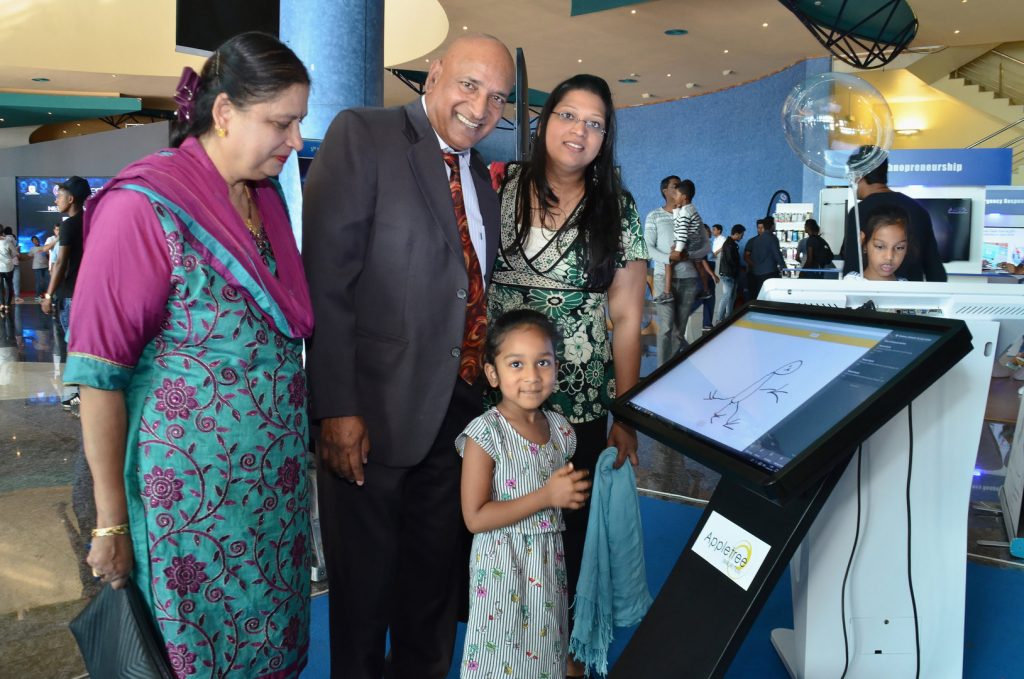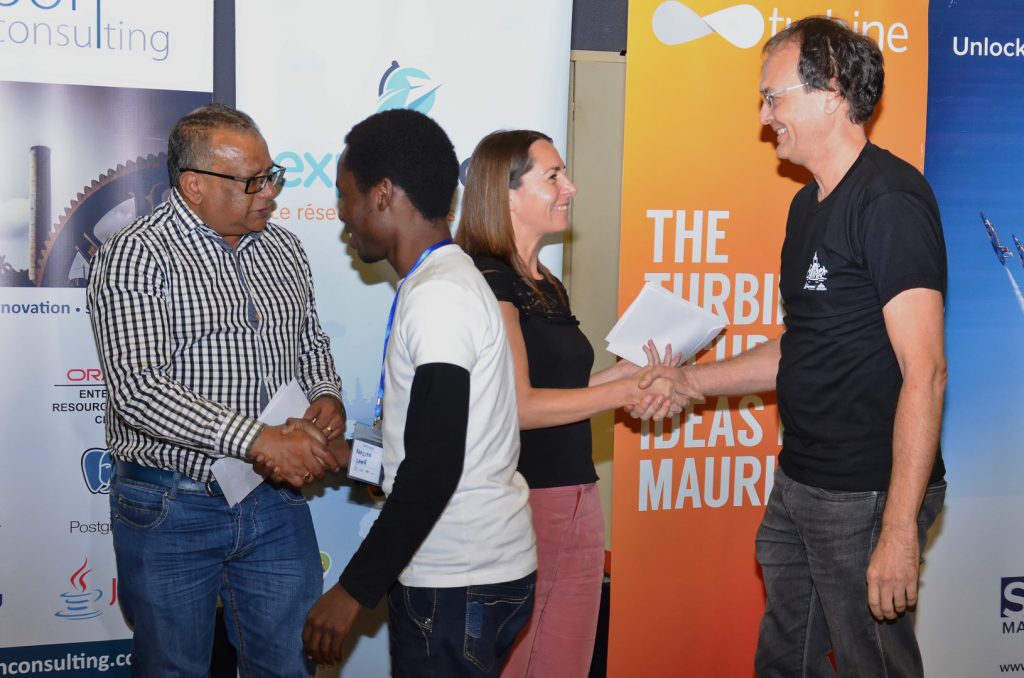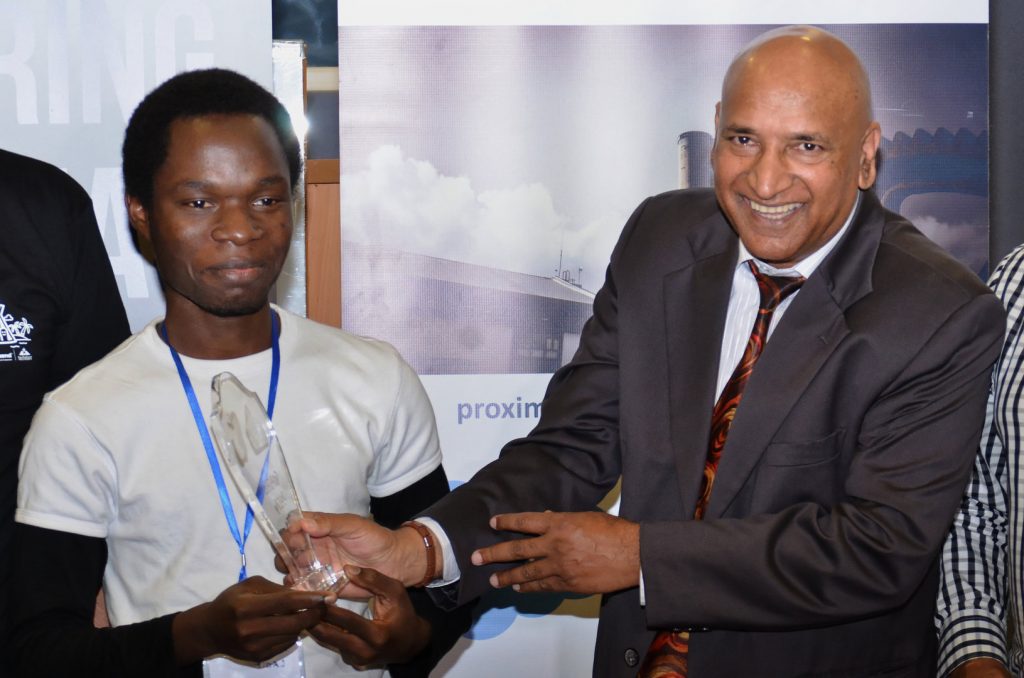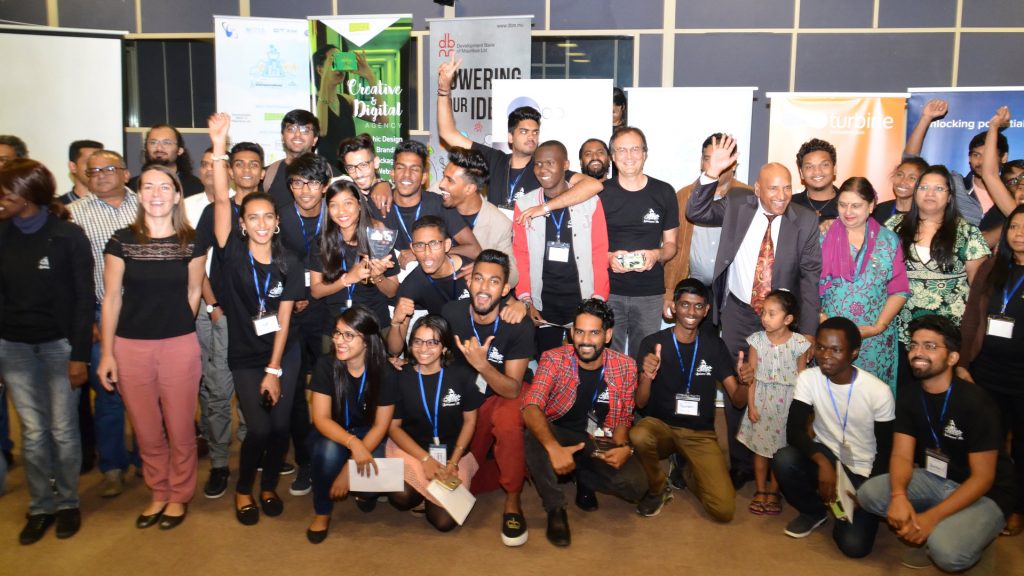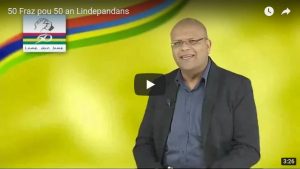(Some photos taken by us and some courtesy of the MRC and Manoj Nawoor)
For the first time in my life, I went to Infotech four days in a row. Tomorrow is the last day and, if I were you, I would not miss it.
The first day, Wednesday 29 August, was the official opening of Infotech by the Minister of Technology, Communication and Innovation. As soon as Infotech opened, the Minister visited the various stands including the ones of the “normal” Infotech (i.e. the technology fair) as well as the ones in the Innovtech Demo Area (where individuals, associations, parastatals and other organisations showcased their innovative products).
On the second day, Thursday 30 August, I went to Infotech to participate in the official opening of the Innovtech Conferences. During my speech, I gave two messages to the audience: (1) Do not be afraid to interact with the speakers and ask them many questions and (2) that young people should really choose Science, Technology, Engineering and Maths subjects at school in order for the country to have more engineers in the future. The Mauritius of the future can only be built by engineers.
On the third day, Friday 31 August, I participated in the launching of the Startup Weekend. During my intervention, I told the participants that 20% is inspiration and 80% is perspiration and that they should perspire a lot during the three days in order to win the competition. I also was happy to hear that the Development Bank of Mauritius has an easier procedure now to lend money to startups with fewer collaterals needed. This is a good thing as access to finance is key in order to succeed as a startup founder.
On the fourth day, Saturday 1st September, Christina, Anya and Kyan accompanied me to visit both Infotech and the Innovtech Demo Area. And I am happy to say that all three found the exhibits in the Demo Area more interesting (in general) than what was shown in the product fair. For example, on the National Computer Board stand, NCB staff were happy to show us all kinds of programmes they had written to control microcontrollers, sensors and robots. On the MRC website, the star of the show was the upcoming MIR-SAT1 satellite. It’s amazing what our small country will achieve in 2019 — having our own Cube Satellite orbiting the earth and sending infrared photos to Mauritius for us to analyse. I also like how, for example, some people were so dedicated to make young people learn robotics. Some others were collaborating with Google to create original AR/VR Mauritian content.
All in all, since last year, the Innovtech component has gathered some momentum. Of course, there are so many other components that can be added and some existing features can be made better. But I have to offer big congratulations to everyone involved in the organisation of this event, with a particular mention to the National Computer Board staff.
Do not miss the last day of Infotech Innovtech 2018 tomorrow if you have not gone yet. It’s worth it.

